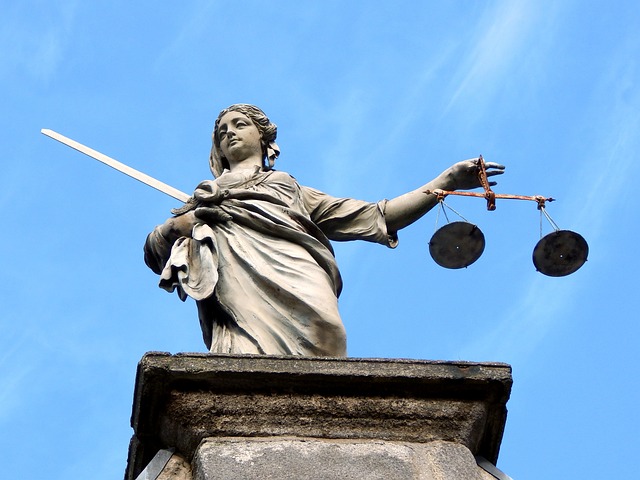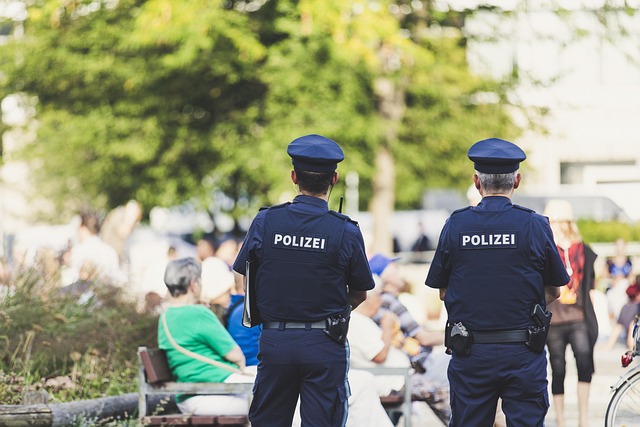Post-conviction proceedings are a vital phase in the criminal justice system where individuals can challenge their sentences and seek relief from judgments. This process involves examining evidence, legal arguments, and procedural errors from the initial trial, with skilled attorneys advocating on behalf of clients, particularly in white-collar defense cases. Understanding these proceedings is crucial as they safeguard rights during post-conviction proceedings, ensuring fairness, equitable justice administration, and influencing philanthropic and political communities. Key rights include remaining silent to avoid self-incrimination and the right to legal counsel for adequate representation. Effective strategies like appeals based on errors or new evidence are employed, with successful outcomes ranging from appeals to denial of relief.
In the intricate landscape of criminal law, post-conviction proceedings play a pivotal role in upholding justice. This article delves into the intricacies of these legal processes, offering an understanding of rights during post-conviction proceedings for accused persons. We explore strategies employed and potential outcomes, equipping readers with vital insights into navigating these critical stages. By examining these key aspects, individuals can gain a clearer view of what to expect, ensuring informed decisions in criminal law cases post-conviction.
- Understanding Post-Conviction Proceedings: An Overview
- The Rights of Accused Persons During These Proceedings
- Strategies and Outcomes: What to Expect in Criminal Law Cases Post-Conviction
Understanding Post-Conviction Proceedings: An Overview

Post-conviction proceedings are a crucial phase in the criminal justice system where individuals convicted of crimes have the opportunity to challenge their sentences or seek relief from their judgments. This process allows for a deeper examination of evidence, legal arguments, and procedural errors that may have occurred during the initial trial. Understanding these proceedings is essential as it safeguards the rights of defendants, ensuring they receive a fair review.
During this phase, individuals can file petitions, motions, or appeals to set aside their convictions or reduce sentences. These proceedings are particularly important for white-collar defense cases, where complex financial and legal issues may have been overlooked during trial. For his clients, skilled attorneys advocate on behalf of the accused, exploring all available options to protect their rights. Moreover, post-conviction processes also play a role in shaping the philanthropic and political communities by ensuring that justice is not only served but also equitably administered.
The Rights of Accused Persons During These Proceedings

During criminal law cases, especially in the intricate web of post-conviction proceedings, accused individuals possess fundamental rights that safeguard their interests and ensure a fair process. These rights are crucial at every stage of the investigative and enforcement process, offering a framework to protect against potential abuses of power. One of the primary rights is the ability to remain silent; this privilege prevents self-incrimination and allows individuals to avoid testifying against themselves.
Additionally, accused persons have the right to legal counsel, ensuring they receive adequate representation from a general criminal defense attorney. This counsel plays a pivotal role in navigating the complexities of these proceedings, providing strategic guidance, and achieving extraordinary results. They can challenge evidence, question witnesses, and advocate for their client’s innocence or mitigate punishment. These rights are integral to maintaining the integrity of the justice system.
Strategies and Outcomes: What to Expect in Criminal Law Cases Post-Conviction

After a conviction, criminal law cases enter a crucial phase known as post-conviction proceedings. This period offers opportunities for review and potential relief for both the defendant and victims. Strategies employed during this stage can significantly impact outcomes, shaping the future of those involved. Defendants often seek to challenge their convictions through appeals, arguing legal errors or newly discovered evidence. For his clients, effective representation involves meticulous research, crafting persuasive arguments, and navigating complex legal procedures.
The focus on rights during post-conviction proceedings is vital for ensuring fairness. This includes the right to appeal, access to legal counsel, and the opportunity to present new evidence. For white-collar defense, these proceedings can be labyrinthine, requiring experts to unravel intricate financial schemes. The outcomes can range from successful appeals leading to acquittals or reduced sentences, to denial of relief, reaffirming the original conviction. Ultimately, the strategy and its execution determine whether justice is served or if the case becomes an enigma with unresolved questions.
In navigating criminal law cases post-conviction, understanding both the complex proceedings and the robust rights of accused persons is paramount. By familiarizing themselves with these processes, individuals can better advocate for their interests and anticipate potential outcomes. Whether through strategic challenges or seeking collateral relief, successful navigation of these stages can lead to significant legal victories, ensuring fairness and justice in our criminal justice system. The rights secured during post-conviction proceedings are a cornerstone for maintaining the integrity and accuracy of verdicts, making them an indispensable component of any robust legal framework.






